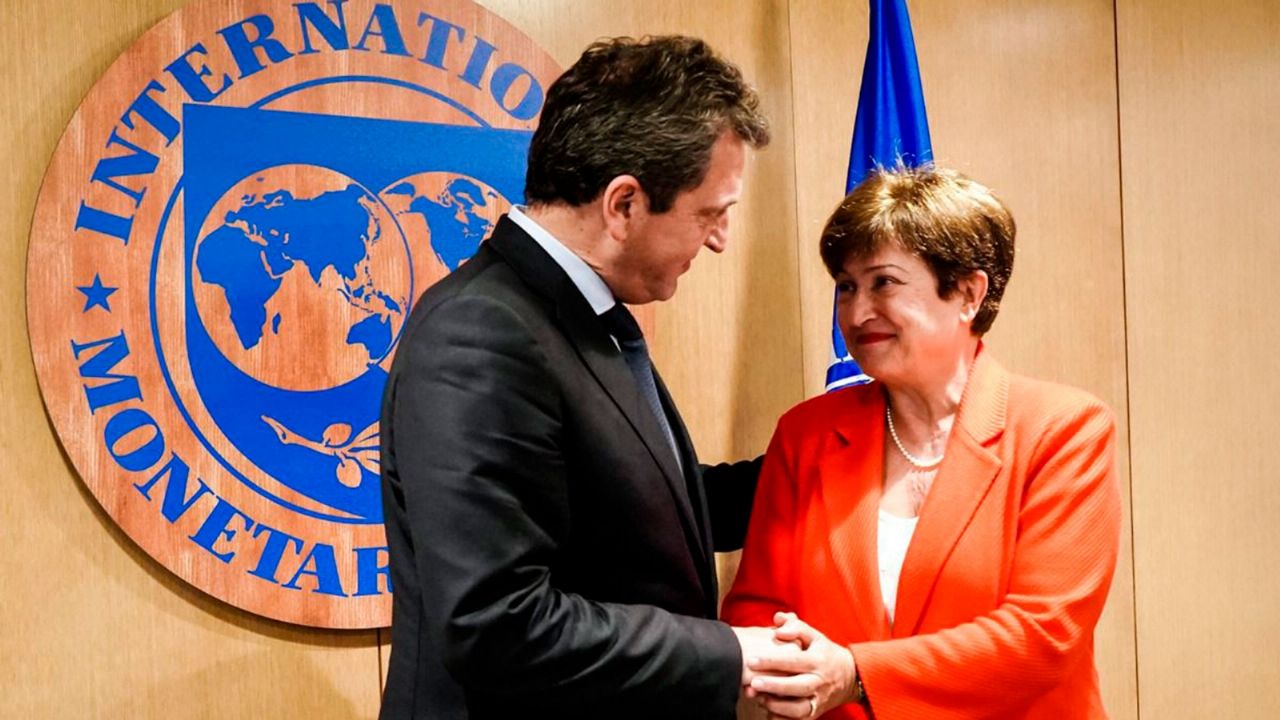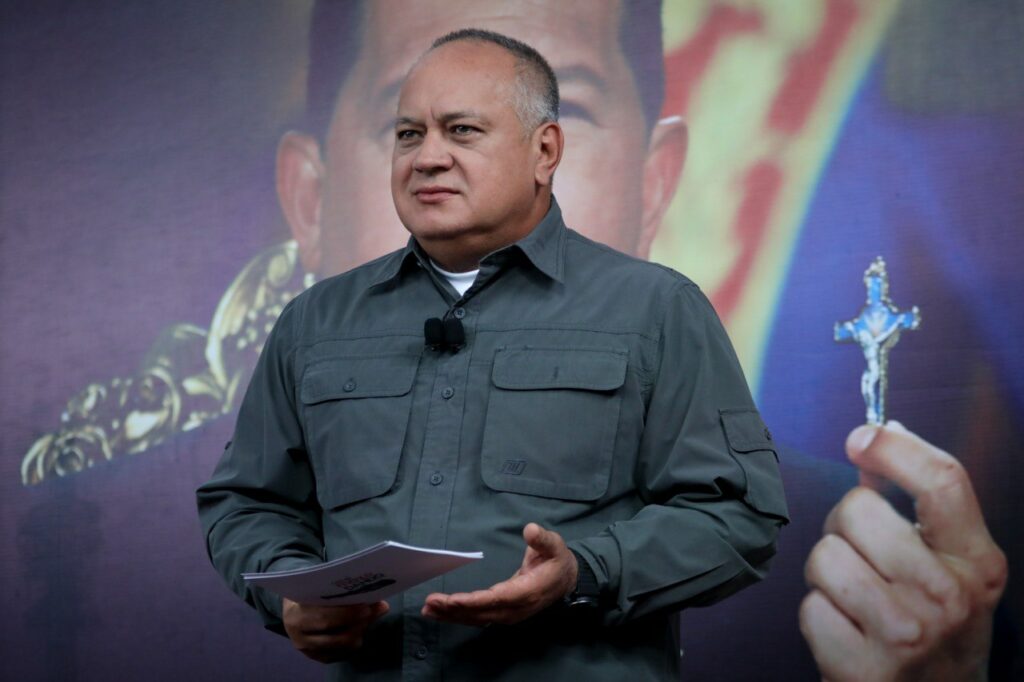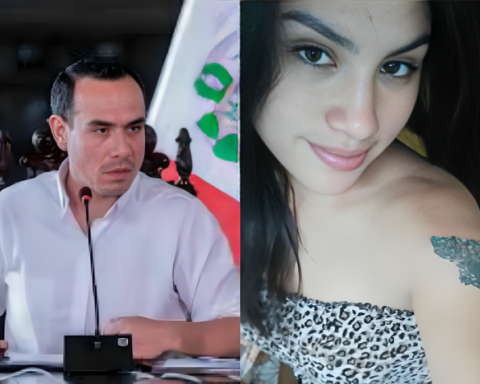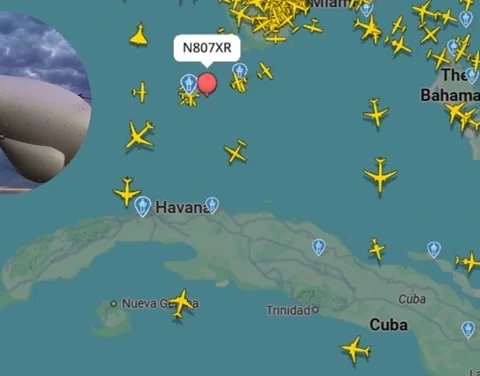Argentina contracted in 2019, during the government of Mauricio Macri, the largest loan that the International Monetary Fund given in its history, and being, moreover, an amount much higher than the recommended amount to lend to Argentina, which is why, from different sectors, more than anything popular, an investigation of the debt is requested.
The country will have to pay approximately 5,760 million dollars only to IMF in what ends 2022. The amounts are: 895 million for today, Wednesday; US$1,727 million for Thursday; US$1.27 billion on October 6; US$630 million on October 14; US$660 million on October 28 and finally US$500 million on November 1.
In turn, the agreement with the IMF claims that the reserves of the Central Bank of the Argentine Republic (BCRA) should be at US$5.8 billion at the end of the year. In addition, the government expects the disbursement of US$3.9 billion from the Background.
At the same time, the plan for the IMF to reduce public spending. Among the most controversial measures are the reductions in the 2023 budget on education and health. However, the Fund expects that public spending will inevitably grow due to the presidential elections.

Sergio Massa, Argentine economy minister, prepares new measures to discourage the so-called: “flight of foreign exchange”. These include eliminating tax benefits for certain sectors, which represent 2.5% of the Gross Domestic Product (GDP).
Last meeting of Alberto Fernández with the director of the IMF
On September 19, Alberto Fernández, together with Foreign Minister Santiago Cafiero and Economy Minister Sergio Massa, met with Kristalina Georgieva, director of the International Monetary Fund.

They concluded in a presumed favorable result for Argentina due to the words of Georgieva: “I do not rule out that the metals of the plan agreed with the IMF as a result of the international situationreferring to the Ukraine war.


















